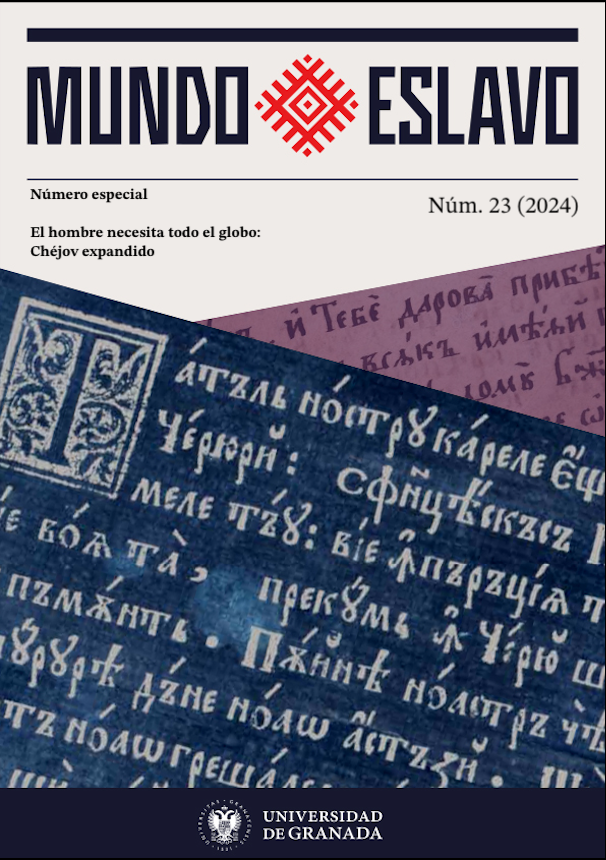Gender Recycling through the Virdžina / Tobelija Tradition
DOI:
https://doi.org/10.30827/meslav.23.29178Abstract
The construction and interpretation of characters with a gender opposite to one's own doesn't occur only in the theatrical context; it also exists in other traditions of a representative nature, particularly those that deal with the issues of performativity and gender changing and/or fluidity. The present study, from a non-binary theatrical perspective, deals with the social construction of the male gender on the body of a biologically female person in the patriarchal Virdžina, known also as Tobelija tradition, formerly practiced in the Western Balkans. As well, this essay explores the applications, interrelationships and interactions between this Balkan practice and the non-binary construction of characters in theater, which would shed light on how gender discourse can be influenced and/or challenged through artistic and cultural intertextuality.
Keywords: Virdžina, Women, Gender, Theatre recycling, Gender performativity.
Downloads
Downloads
Published
How to Cite
Issue
Section
License
Copyright (c) 2024 Mundo Eslavo

This work is licensed under a Creative Commons Attribution-NonCommercial-ShareAlike 4.0 International License.

CC BY-SA: This license allows reusers to distribute, remix, adapt, and build upon the material in any medium or format, so long as attribution is given to the creator. The license allows for commercial use. If you remix, adapt, or build upon the material, you must license the modified material under identical terms.
CC BY-SA includes the following elements:
BY ![]() – Credit must be given to the creator
– Credit must be given to the creator
SA ![]() – Adaptations must be shared under the same terms
– Adaptations must be shared under the same terms
Authors who publish with this journal agree to the following terms:
1. Authors retain copyright and grant the journal right of first publication with the work simultaneously licensed under a Creative Commons Attribution License that allows others to share the work with an acknowledgement of the work's authorship and initial publication in this journal.
2. Authors are able to enter into separate, additional contractual arrangements for the non-exclusive distribution of the journal's published version of the work (e.g., post it to an institutional repository or publish it in a book), with an acknowledgement of its initial publication in this journal.
3. Authors are permitted and encouraged to post their work online (e.g., in institutional repositories or on their website) prior to and during the submission process, as it can lead to productive exchanges, as well as earlier and greater citation of published work (See The Effect of Open Access).













